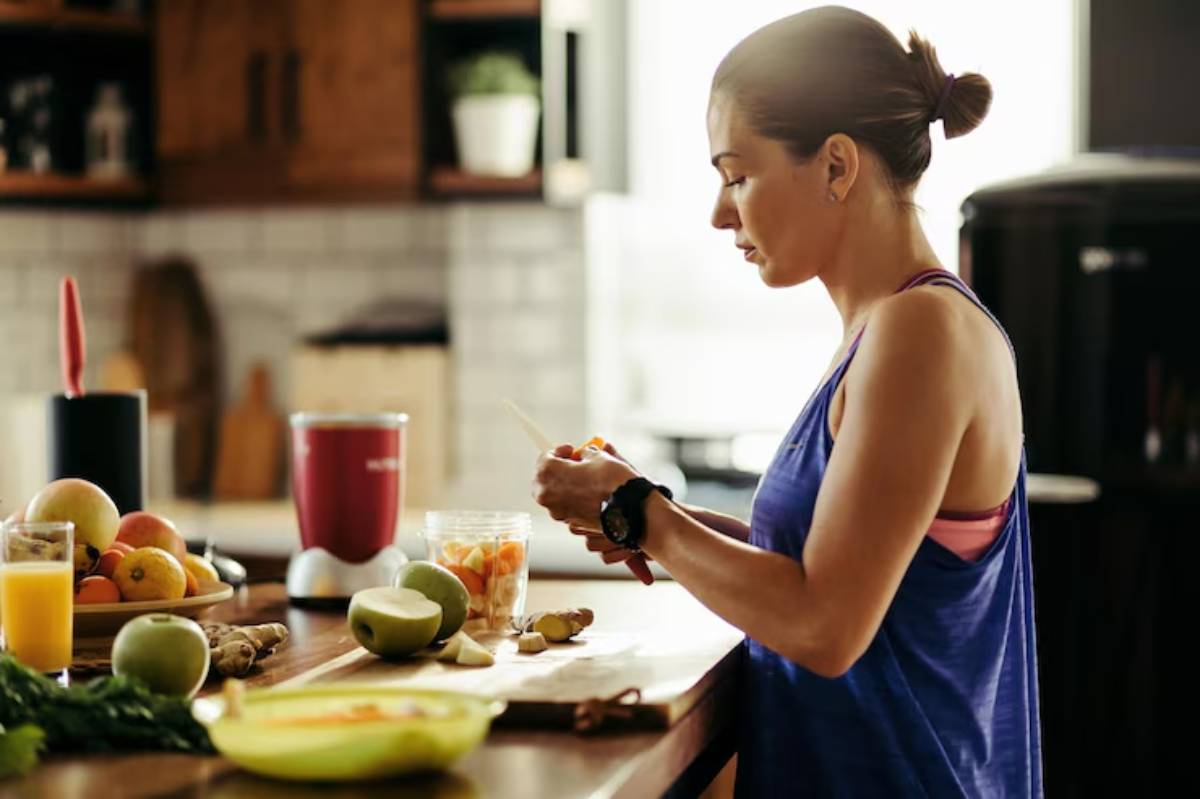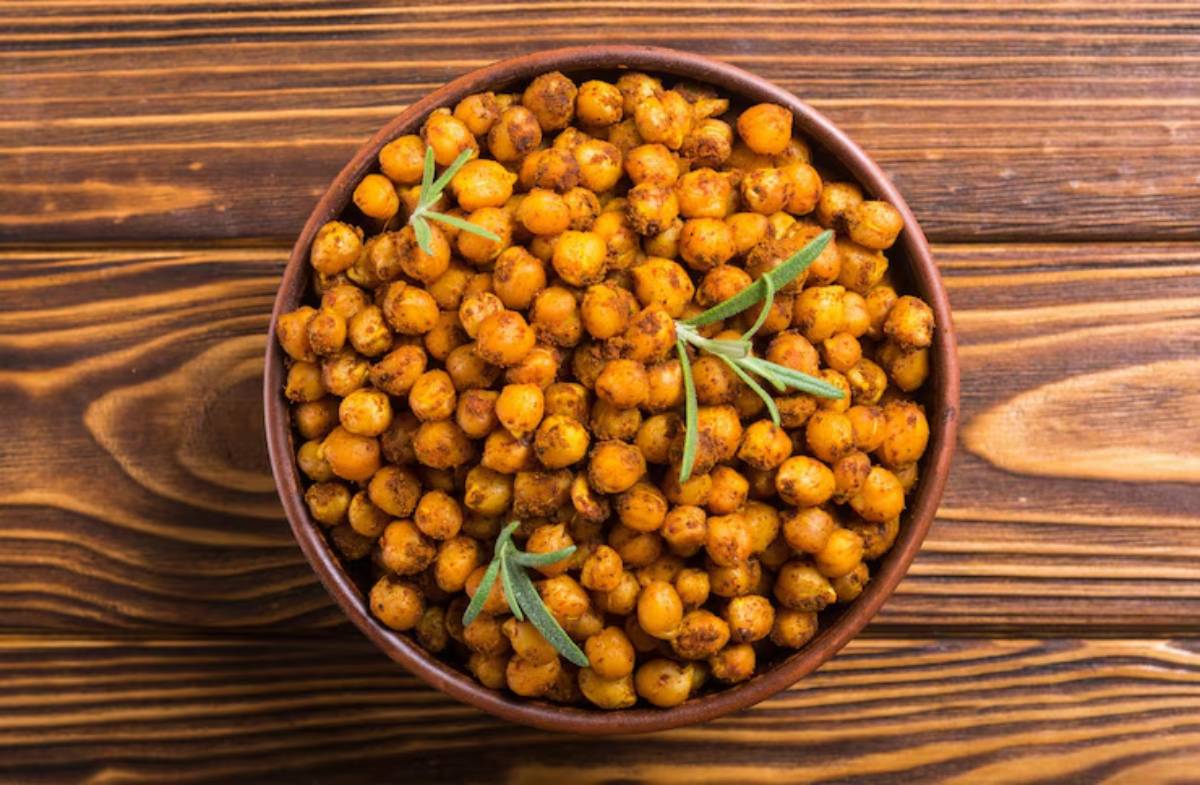
How to Build the Perfect Pre-Workout Meal
You know the feeling—you show up at the gym, ready to give your best, but your energy is lagging or your stomach’s in knots. That’s the direct impact of what (and when) you eat before exercising. Whether you’re a regular gym-goer or just starting your fitness journey, mastering your ideal gym meal can elevate your performance, improve recovery, and help achieve your goals faster.
In this guide, you’ll find everything you need to craft a pre-workout food plan that works for your body and routine. We’ll also dive into expert-backed strategies, real-life examples, and practical steps to help you succeed.
Understanding the Core: What Makes a Pre-Workout Meal ‘Perfect’
At its heart, the perfect pre-workout meal does three things:
- Fuels your workout
- Minimises fatigue
- Aids muscle retention and recovery
Macronutrients Matter
- Carbohydrates are your body’s primary energy source. Complex carbs provide sustained energy, while simple carbs offer quick boosts.
- Protein helps prevent muscle breakdown and primes the body for repair.
- Fats, while slower to digest, can be useful for low-intensity or long-duration exercise.
Timing Is Everything
Eating 1.5 to 3 hours before your workout is the sweet spot. Closer than an hour may cause discomfort, while eating too early may leave you under-fuelled.
Pro Tip: If you’ve got less than 30 minutes, opt for a small, easily digestible snack with simple carbs like a banana or rice cake with jam.
Quick Guide / Checklist
Here’s your no-fuss checklist to nail your pre-workout routine:
- Eat 1.5–3 hours before workout
- Prioritise complex carbs and lean protein
- Include a small amount of healthy fats (if eating early enough)
- Avoid high-fibre or spicy foods
- Hydrate adequately (at least 300ml water)
- Adjust portion size to meal timing
- Track how your body responds post-workout
Step-by-Step Guide: How to Practise the Ideal Pre-Workout Meal Plan
1. Choose the Right Carbohydrates
Go for:

- Sweet potatoes
- Brown rice
- Whole oats
- Quinoa
- Bananas (if short on time)
Avoid:
- High-sugar cereals
- White bread or pastries
Pro Tip: Think of carbs as fuel. The more intense your workout, the more you’ll need.
2. Include Lean Proteins
These help prevent muscle breakdown:
- Chicken breast
- Tofu or tempeh
- Egg whites
- Greek yoghurt
Important Tip: Avoid fatty meats or heavy sauces that delay digestion and make you feel sluggish.
3. Add Optional Fats (only if meal is >2 hours before workout)
- Avocado
- Chia or flax seeds
- Nut butter (sparingly)
Pro Tip: Fats are your slow-burn fuel. They help with endurance but shouldn’t dominate the plate.
4. Hydrate

Drink 300–500ml of water with your pre-workout meal. Add electrolytes if your session will be long or intense. Dehydration, even mild, can affect performance.
5. Time Your Meal Correctly
- 2–3 hours before: Full meal with carbs, protein, and fats
- 1–2 hours before: Lighter meal, mostly carbs and some protein
- <1 hour before: Snack only—banana, granola bar, or a rice cake with jam
Real-life Example: Lucy, a marathon trainee, found that switching from a 30-minute snack to a 90-minute meal cut her fatigue in half during long runs.
Best Practices & Additional Insights
Mix Meal Prep with Variety
Bored of boiled chicken and brown rice? Rotate ingredients:

- Try roasted chickpeas instead of meat
- Swap rice for quinoa
- Use herbs and lemon juice for flavour without heaviness
Pro Tip: Meal prep is key, but so is flavour. Enjoy your food and you’re more likely to stick with your plan.
Personalise Based on Workout Type
- Strength training? Emphasise protein.
- Endurance session? Boost complex carbs.
- HIIT or cardio? Light, high-GI carbs an hour before work best.
Expert Insight: “It’s not just what you eat, but how your body reacts to it. Track how you feel after meals and tweak your plan.” – Nutritionist Anna Patel
Watch the Fibre
Too much fibre pre-workout can cause bloating or GI discomfort. Keep it low just before training.
Pro Tip: Keep high-fibre foods like lentils and cruciferous veg for post-workout or later in the day.
FAQs
What if I work out early in the morning?
Go for a small snack like a banana or protein shake. Then have a proper breakfast after your workout.
Can I work out on an empty stomach?
Yes, but performance might suffer. Fasted training suits some people but isn’t ideal for high-intensity or strength-focused sessions.
Should I drink coffee before training?
Yes—caffeine can improve performance and focus. Just ensure it’s not your only pre-workout intake.
Is protein powder necessary?
Not at all. Whole food sources are excellent. But powders are handy when you’re short on time.
Can I eat junk food if I’m hitting the gym?
Technically, yes—but it won’t fuel you well. Processed snacks often lack the balanced macronutrients your body needs pre-exercise.
Fuel to Flourish: Final Thoughts & Next Steps
Getting your pre-workout nutrition right is a game-changer. With the right timing, ingredients, and strategy, you’ll feel stronger, more energised, and ready to tackle your fitness goals.
Start by trying out one or two of the meals listed above. Track how you feel during and after your workout, and adjust accordingly.
Ready to Take Control of Your Workout Nutrition?
Explore our guides on post-workout meals and hydration strategies to complete your gym routine.
Your performance starts in the kitchen—own it.